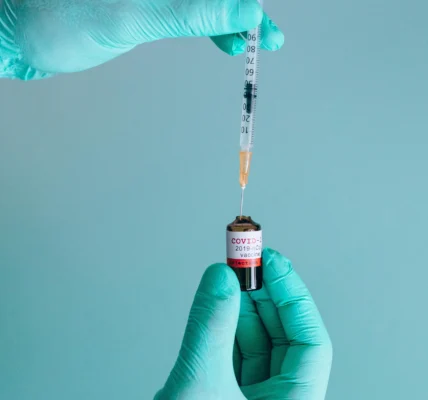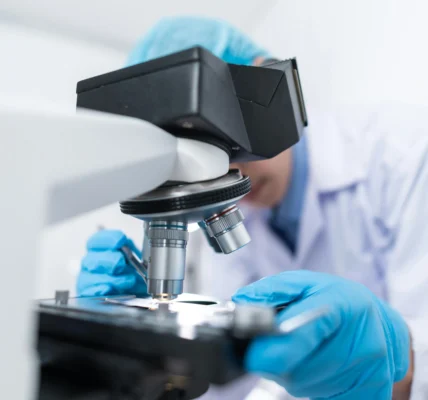The separation process during cancer refers to various techniques used to isolate different components related to cancer, such as cells, biomolecules, or tissues. These processes are crucial for research, diagnosis, and treatment. Here are some key aspects
1. Cell Separation
2. Tissue Separation
3. Biomolecule Separation
4. Liquid Biopsy:
5. Research Applications
These separation processes play a vital role in advancing cancer research, improving diagnostic accuracy, and enhancing treatment efficacy.
Studies and statistics indicate that partner abandonment is a painful reality for many women diagnosed with cancer .
One of them identifies a much higher rate of separation or divorce when the wife was the patient. Furthermore, the risk of separation was more than 6 times higher for women ( 20.8% ) compared to men ( 2.9% ) after diagnosis of the disease.
Furthermore, an interesting finding from the same study shows that among brain tumor patients, the length of marriage at the time of illness was also correlated with separation. Thus, the idea is that longer marriages may be more vulnerable to the impact of a serious illness.
Why is separation so common during cancer treatment?
As we have seen, there is a high incidence of partner abandonment during cancer treatment, with women being the most affected. However, there are few statistics and studies that address this problem.
Therefore, a large part of the exposures and knowledge is seen from reports from the patients themselves and, of course, from the health professionals who are part of the treatment journey of these individuals.
Given this, check out some reasons that may be associated with this phenomenon!
First, a cancer diagnosis is an extremely stressful event that can be overwhelming for both the patient and her partner. Fear of the disease, coping with lifestyle changes, and the financial impact can all cause significant stress.
Furthermore, a lack of emotional and psychological preparation to deal with the disease can lead to separation. Cancer often requires intensive care and ongoing support that not all partners are willing or prepared to provide.
What are the emotional and psychological impacts of dealing with a breakup during cancer treatment?
The lack of data in research on dropout during breast cancer and other types of neoplasms is something that leaves us without much information about the impact this has on patients.
However, it is not difficult to imagine that abandonment is something extremely difficult, especially when we talk about a disease that, in itself, already generates many emotional complications for those affected.
Continue reading to understand more about the subject!
Isolation
The absence of a support network can intensify feelings of rejection and isolation, making the patient feel helpless and less supported. This can lead to worsening loneliness and feelings of being left out, which can harm mental health.
Increased anxiety and fear
Lack of support can increase anxiety and fear, especially fear of disease progression, fear of relapse in cases of improvement, and concern about the effectiveness of treatment. Uncertainty about the future can become more distressing without the necessary support.
Decreased self-esteem
Facing treatment alone can negatively affect a patient’s self-esteem and self-image. Feeling unimportant or unappreciated by loved ones can exacerbate negative self-perceptions, especially if cancer and its treatments cause visible changes to the body.
Depression
Lack of support can contribute to the development or worsening of conditions such as depression . Patients may experience increased emotional distress, which can lead to a poorer quality of life and make it difficult to adhere to treatment.
What are the symptoms of depression in cancer patients?
The emotional impact of a breakup during cancer treatment can manifest itself in intense and varied forms of depression. Let’s learn the main points about the condition associated with cancer.
Depressive symptoms can be a common response to cancer, but their persistence and intensity may indicate a more serious problem. Some cases may manifest in symptoms that last 2 weeks, while others may last 2 years or more.
Overall, approximately one in four people with cancer will experience depression at some point during their treatment journey. As such, depression can occur after diagnosis or even after treatment has finished.
The risk factors associated with this condition are:
- advanced cancer;
- some specific types of the disease;
- young age at diagnosis;
- self-care difficulties;
- pain that is not controlled;
- social isolation .
Therefore, we can understand that abandonment is also a possible cause for the development of depression during this period.
So, what are the symptoms ? They can be:
- reduced interest in daily activities;
- feelings of sadness;
- feeling of hopelessness;
- feeling of guilt;
- changes in sleep;
- changes in appetite;
- difficulty concentrating;
- frequent crying;
- sexual issues;
- increased irritability.
Therefore, it is crucial to recognize the symptoms in order to get help and avoid worsening. This way, it is possible to understand which are the best strategies to help in your case!
What are strategies for coping with a breakup during cancer treatment?
Now, it’s time to talk about the treatment of depression in cancer and, of course, about the strategies that can be useful for dealing with this type of situation at this point in patients’ lives.
The main approaches that can be applied are:
- counseling;
- patient education;
- use of medications, especially selective serotonin and norepinephrine reuptake inhibitors;
- individual, group or family therapy.
Therefore, be careful: emotional Separation process during cancer is essential and can be achieved through therapy. The choice of approach will depend on factors such as the patient’s condition and the type and stage of the disease.
Investing in good therapy helps reduce the severity of psychiatric symptoms during cancer, as well as providing benefits for other types of symptoms, such as pain. In addition, it generally contributes to a better quality of life and well-being.
Finally, performing therapy under these conditions is associated with improved impact on patient survival .
Abandonment in cancer is a painful reality. It usually affects women, with profound impacts on emotional and psychological health.¹ Emotional and psychological support is crucial for the recovery and well-being of patients.
Conclusion: Separation process during cancer
The separation process during cancer is a fundamental aspect of cancer research and treatment that enables the precise isolation of various cellular and molecular components. By employing advanced techniques such as cell sorting, tissue dissection, and liquid biopsy methods, researchers and clinicians can gain valuable insights into tumor biology, identify specific cancer types, and monitor treatment responses. These processes not only enhance our understanding of cancer heterogeneity but also facilitate the development of targeted therapies and personalized medicine approaches. As technology continues to evolve, the refinement of separation techniques will likely lead to more effective diagnostic and therapeutic strategies, ultimately improving patient outcomes in the fight against cancer.
FOR FERDUR INFORMATION:https://proteomics.uk/




